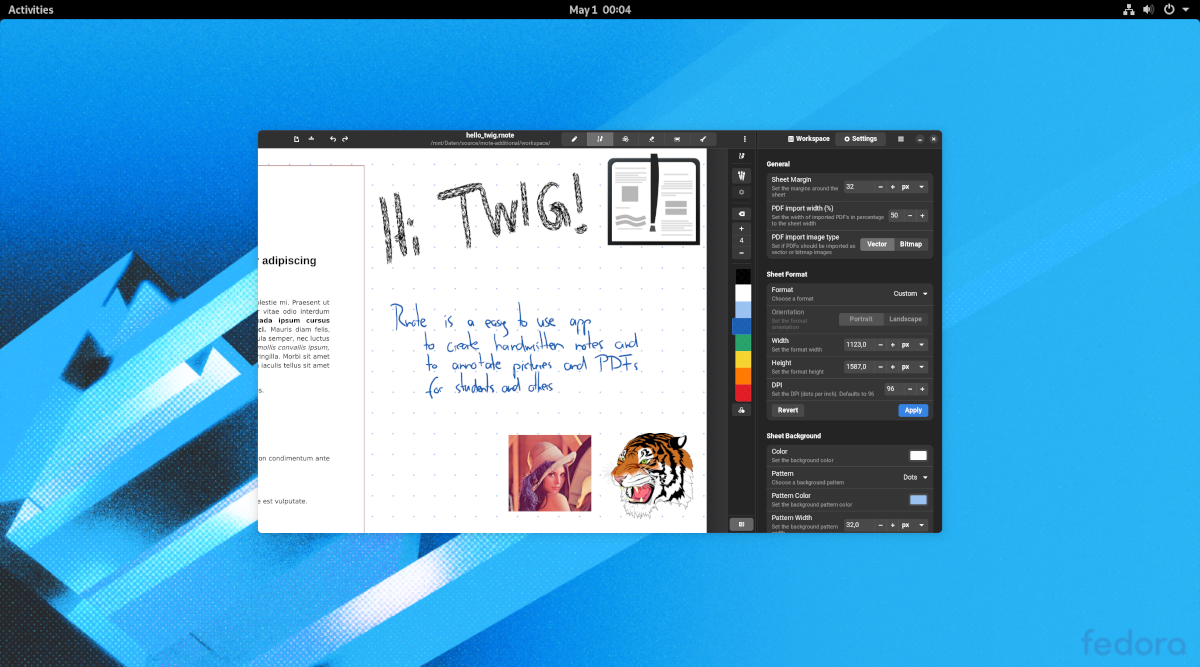
Like every Friday for 26 weeks now, the project behind the most used Linux desktop posted another article of This week in GNOME. In other weekends, what we have seen has been little news, and many of them were related to libadwaita and/or GTK4. This time, what we have is something much longer, but personally I miss something: that they talk more about GNOME 42 that they will release around March.
They have titled this entry on their blog as «contact me», and the only explanation I can find is that the first thing they told us about is that GNOME Contacts has been ported to GTK4 and libadwaita, so it will look perfectly fine in the aforementioned GNOME 42.
This week in GNOME
In addition to GNOME Contacts, this week we have been told about the following:
- Mutter has received many improvements, such as now supporting the dmabuf feedback protocol. As they explain, "In Gnome 42, for example, this will allow us to use direct scanning with most OpenGL or Vulkan fullscreen clients. Something that we already support in recent versions, however only in very selective cases. You can think of this as a more sophisticated version of X11 unredirect, notably without tearing.«.
- Builder and Logs now support libadwaita's new dark preference.
- GJS:
- GObject's interfaces have been made enumerable, so you can now do things like Object.keys(Gio.File.prototype) and get a list of the methods, like you can with other GObject types.
- Fixed a memory leak with callbacks.
- Major refactoring related to type safety
- Everything that can be built on Windows has been kept.
- The Secrets password manager (formerly Password Safe) now uses GTK4 and libadwaita, and has received OTP support.
- gtk-rs has received improvements that Windows users will benefit more from.
- Gaphor, a UML and SysML modeling tool, now supports diagram types.
- Fragments, the client for the GNOME torrent network that receives improvements almost every week, now has context menus with common actions like pause or delete. They are initially designed for desktop computers, but can be activated on touch screens as well.
- Commit now uses GtkSourceView, which enables new features and improvements.
- Work has started on Playhouse, which is kind of a practice editor for HTML, CSS, and JavaScript. “Playground” would be translated as “playground”, and it is the word that many projects use to refer to software with which we can “play” with the code. The Playhouse one will allow us to play with web design. Personally, I'm looking forward to trying it out, but no version has been released yet. It will work with GTK4, GJS, libadwaita, GtkSourceView and WebKitGTK.
- The first alpha version of lobshumate, the library for a GTK4 map widget that was announced in 2019, has been released. The first version, currently labeled unstable, contains everything needed to embed a minimal map view.
- Rnote is a vector-based drawing app for creating handwritten notes and for annotating images and PDFs. It features an infinite blade, different pen types with pen pressure support, shapes, and tools. It also has a built-in workspace browser and lets you choose from different background colors and patterns. It can be downloaded as a flatpak from Flatub.
- GstPipelineStudio aims to provide a graphical user interface for the GStreamer framework. From a first step in the framework with a simple pipeline to debugging complex pipelines, the tool provides a friendly interface for adding elements to a pipeline and debugging it.
- Phosh has added support for non-numeric passwords.
- They have also used the last seven days to improve the GNOME documentation and the app.gnome.org website.
And that's been it for this week at GNOME.